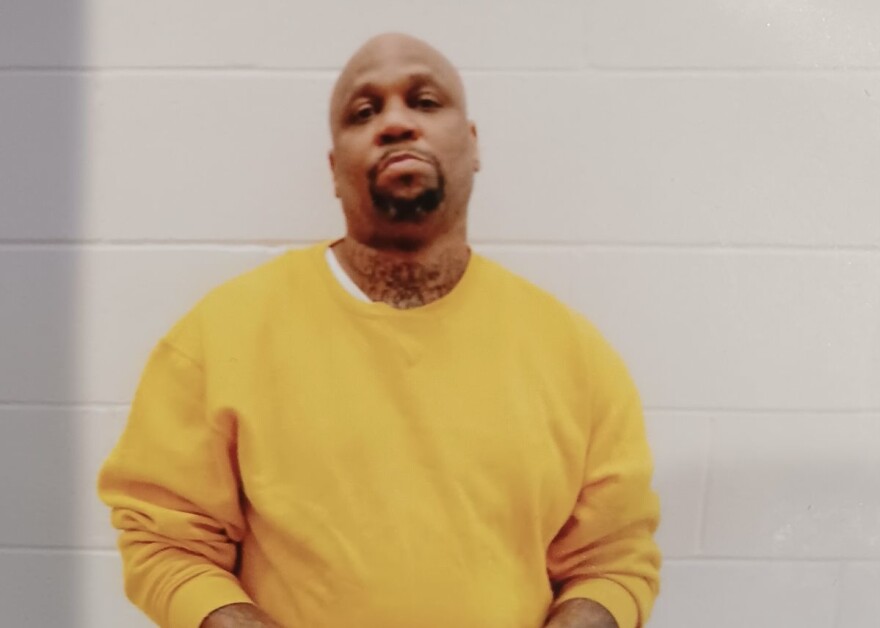A recent study published by the American Medical Association found people with common chronic diseases were less likely to get prescription drugs for their condition if they were in prison or jail.
Here in Virginia, more than 65% or prisoners take at least one prescription drug, but the ACLU and the Coalition for Justice in Blacksburg say they often hear from inmates who are under-medicated. Take 43-year-old Rodney Powell for example. He’s been on a drug called Metformin for years to prevent the dangerous consequences of his diabetes – heart attack and stroke, kidney failure and blindness. But when he was transferred from one state prison to another, his medication did not follow.
“I got here in November, and I hadn’t had my Metformin until the 17th of February,” he says.
The seriousness of his situation was discovered when Powell was sent to VCU for a steroid injection to treat chronic back pain.
“The doctor checked my blood sugar," Powell recalls. "My blood sugar was 519, and he said if he hadn’t checked it and gave me the shots I would have died on the table.”

Today, he’s getting Metformin again, but he complains of blurry vision – a possible consequence of weeks without the drug.
Charles Zellers is also suffering from a lack of medical care. After working in the prison metal shop for years, then contracting a serious case of COVID, he was diagnosed with lung damage so severe that he needed to be on continuous oxygen. The state transferred him to Deerfield, a correctional center for elderly and ailing inmates, but the only oxygen he could get there was by his bedside.
“The guy who’s in charge of medical at our building, he said I wasn’t going to get any portable oxygen concentrate,” he says.
Before his transfer, Zellers was able to take his own medication for knee pain, but at Deerfield he was required to stand in a pill-line each day to get the drug.
“They want me to get up at four in the morning and then again at 4 in the evening just to get that one pill.”
And some inmates, when they get to the front of the line, are told their prescription drug is not available.
When Tommy Duncan arrived at the Green Rock Correctional Center, he had serious dental problems.
“One tooth was broken off when I came to prison. There was an impacted wisdom tooth behind it, so they said they were going to send me out to Danville. When it was finally swelled up so bad my eye was swelling shut, they took more x-rays and said, ‘Oh, your jaw is broken. There’s an infection or something in there.’ “
He was given a prescription for two antibiotics and told to come back in 4 to 6 weeks. He ended up getting one antibiotic and waiting 17 weeks for a follow-up visit.
“And that’s when they told me they were going to have to do surgery and take out part of the bone,” Duncan says.
Following surgery, he was prescribed medication for pain.
“I finally started to get the Lyrica," he recalls, "but then it ran out.”
He waited a month to get back on Lyrica and has been on a diet of soft and pureed food for more than a year.
The Department of Corrections says inmates who are transferred to a new prison must be evaluated by the doctor there to make sure their medications are working, and inmates who had been allowed to take their meds without waiting in a pill line must sign a new contract.
Delays could also be linked to the sheer volume of medications being dispensed. The department says it fills more than 70,000 prescriptions a month, and it’s facing a serious shortage of medical staff. At last check, it was hoping to hire 14 more doctors and 232 nurses.


